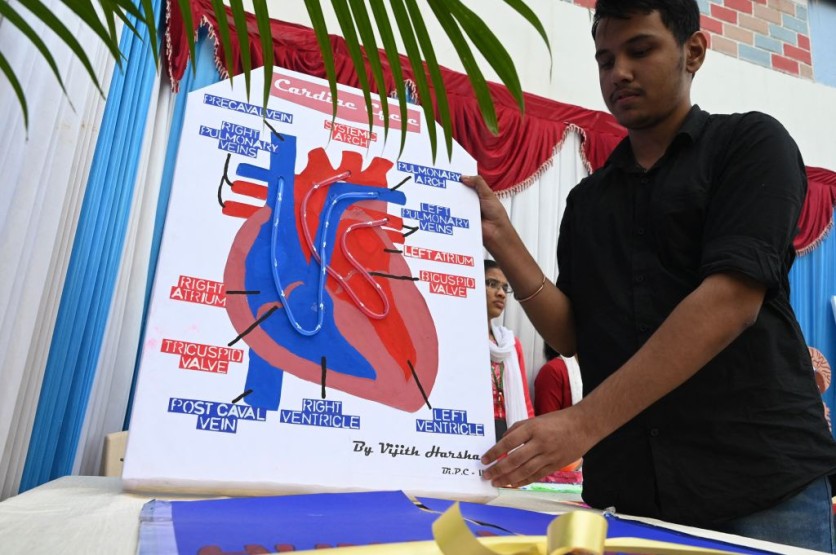Researchers at the University of Bristol and the MultiMedia Group in Italy have discovered a specific gene that helped keep the centenarians' hearts' young, as reported by Interesting Engineering.

An Anti-Aging Gene?
The gene was found in a group of people living in the blue zones of the Earth, which are Okinawa in Japan, Sardinia in Italy, Costa Rica, Greece, Icaria, and Loma Linda in California. These areas are where people are speculated to live longer than average.
Some people in these zones can live up to a hundred years or more and maintain good health. In addition, they are less prone to cardiovascular complications.
The Study
In the study, the researchers showed one of the healthy mutant genes known to be common in centenarians that can protect cells collected from patients with heart failure that need cardiac transplantation.
Researchers found that a single administration of the mutant anti-aging gene can help stop the decay of heart function in middle-aged mice. When it was administered to elderly mice, it rewound the heart's biological clock age by the human equivalent of more than the years.
The study took three years and was conducted in test tube human cardiac cells in Italy. They administered the gene in heart cells from elderly patients with severe heart problems and compared the function with those of healthy individuals.
It is also known that centenarians pass the healthy genes to their offspring. And for the first time, the study demonstrated that a healthy gene found in centenarians could be transferred to people not related to them to help improve heart health.
A New Wave of Treatments to Come
With this discovery, the researchers said this could bring forth a new wave of treatments. Now, they want to work on giving the protein instead of the gene.
Currently, gene therapy is being used to treat diseases due to bad genes. However, a protein-based treatment is safer and more viable compared to gene therapy.
Soon, the researchers aim to test the effectiveness of the therapeutic potential of the gene/protein in clinical trials on patients with heart failure.
Other gene mutations might be found in the future with the same or more curative potential than the one in the research. According to Professor Madeddu, the Professor of Experimental Cardiovascular Medicine from Bristol Heart Institute at the University of Bristol, "Our findings confirm the healthy mutant gene can reverse the decline of heart performance in order people."
The researchers have received funding from the Medical Research Council to test health gene therapy in Progeria.

ⓒ 2026 TECHTIMES.com All rights reserved. Do not reproduce without permission.




